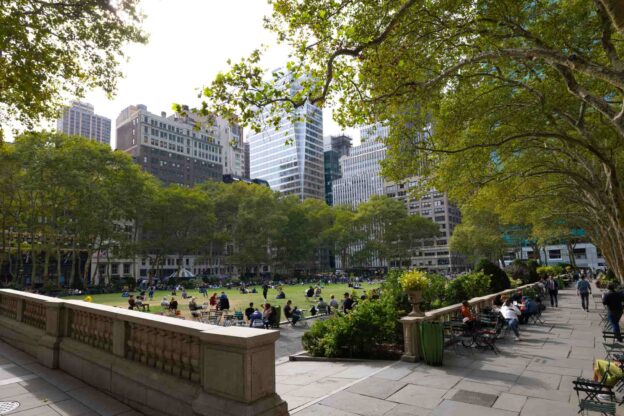While parks are great places for picnics, spending time with the family or having a barbecue in the outdoors, an injury can happen on the property. Limbs from trees can come crashing down, a child may fall into a pool, or a person may trip and fall on uneven ground. For these reasons, it is important to know who may be liable for an injury suffered in a park and to understand how to pursue a lawsuit if the park is privately or publicly owned.
Trip and Fall in a Privately Owned Park
If you or someone you know has suffered an injury on a privately-owned park, the landowner may be liable for injuries under the legal theory of premises liability. Premises liability applies when someone is injured while lawfully on another person’s property, if the owner’s negligence – including unsafe conditions – caused the injuries. The elements of premises liability include:
- the injured was lawfully on the property (such as an invitee or licensee) or the owner was aware of the trespass;
- the owner was negligent (knew, or should have known, about the unsafe condition and failed to repair, repaired improperly, or failed to warn); and
- the owner’s negligence caused the injuries.
An invitee is someone who has paid to gain access to a private park, and to whom an owner has an implied duty to assure the safety of the property. A licensee, often a social guest on private land, is often owed a duty of reasonable care by a landowner regarding dangerous conditions in the park. Trespassers, on the other hand, may only be owed a duty by a landowner’s responsibility for artificial conditions that the landowner maintains on the property.
Trip and Fall in a Publicly Owned Park
Unlike private property, a person who is injured in a public park will have to sue the government in order to pursue damages for injuries. Persons who are injured on public property will have to consider other important factors regarding their case. Specifically:
- Governmental immunity: generally, government entities are immune from lawsuits unless a particular procedure is followed. Claims for injuries that occurred in a federal park will likely be subject to the Federal Tort Claims Act. State and local government entities have similar laws.
- Notice requirement: in order to get around governmental immunity, notice of the claim must be provided prior to filing a lawsuit. It is not uncommon for this notice to have to occur within months of when the injury occurred and, therefore, deadlines should be followed.
- State approval: depending on the amount of the claim, in some states the injury claim must be approved prior to a victim filing a lawsuit against a city or before monetary damages can be paid.
Generally, city clerk or city attorneys’ offices have the required forms and instructions needed to file a claim or a lawsuit within their jurisdiction for injuries suffered on public property.
Brooklyn Personal Injury Attorney
It is important to seek out a knowledgeable personal injury attorney who is well respected and well-versed in the specific requirements of filing a claim against a governmental entity if you or someone you know has suffered an injury on public property. Do not let your case be ruined due to a technicality. The Brooklyn personal injury attorneys at the Law Office of Jeffrey K. Kestenbaum can inform you of your legal rights, and guide you every step of the way during this process. Call (718) 237-5586 for your initial consultation.







